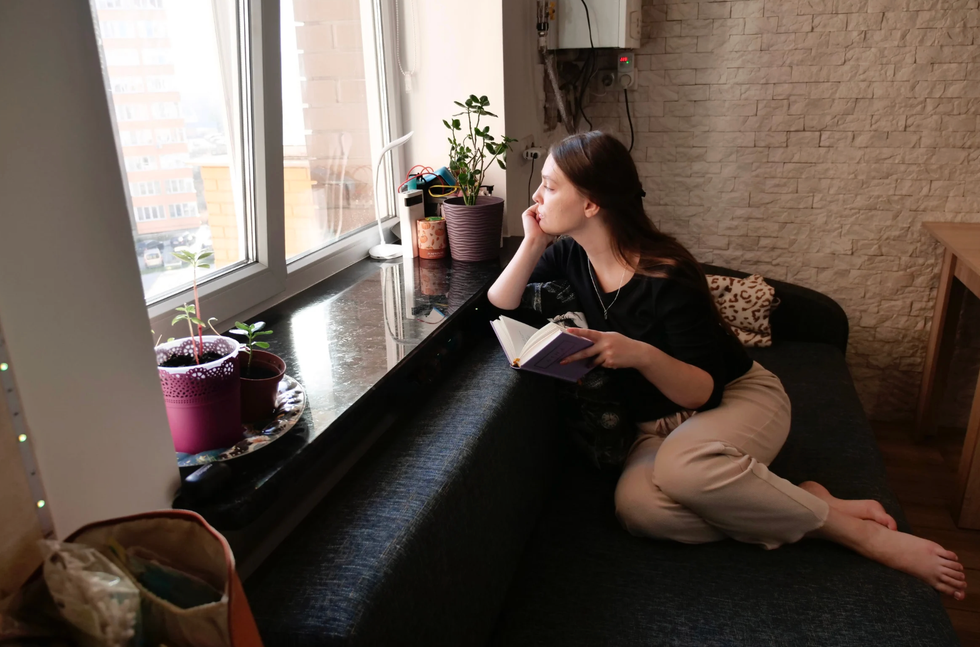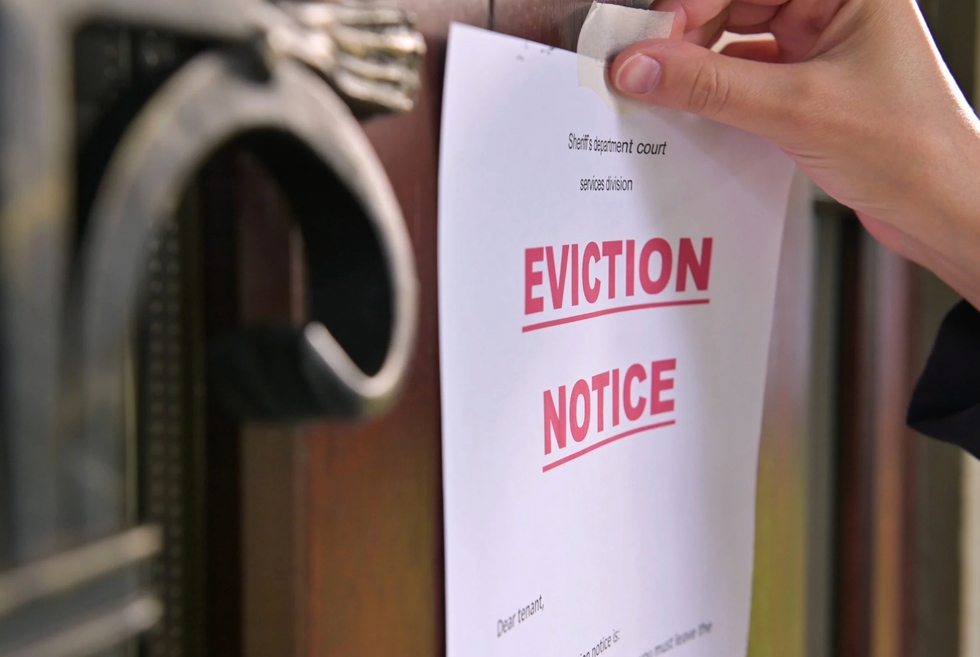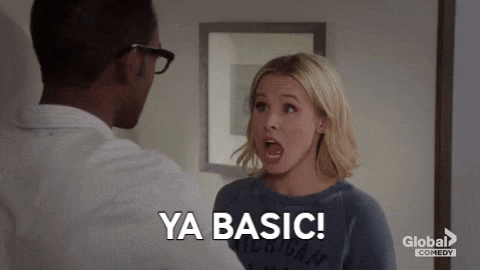Every year during the NCAA’s College Basketball Tournament — more fondly known as March Madness — a “Cinderella” story emerges, and an underdog team wins our hearts and gets a chance to play in the big dance.
One of the most exciting Cinderella stories in the Final Four happened in 2011, when Butler University fought its way back for a second appearance in two years, only to lose again. Devastated by the loss but inspired by the way the state had come together to rally behind the Bulldogs, Butler alum Matt McIntyre and his friend Matt Duncan created what would become Indianapolis-based nonprofit Brackets for Good.
The organization has been building on that enthusiasm to create support and awareness for social causes across the country since its first online tournament in 2012. It has helped raise nearly $6.3 million for hundreds of nonprofits.
“We don’t always know about the good work that’s happening in our community,” says Reid McDowell, partnerships and marketing director for Brackets for Good. “And we thought it was really powerful the way that sport can bring people together and get people excited.”
Every March, nonprofits register for bracket-style tournaments on the Brackets for Good website based on their location. Modeled after the real March Madness, the organizations are paired up in friendly 64-team matchups based on size and fundraising capacity. Individual donors can learn about and donate to score points to help their favorite charity advance in the tournament. A $1 donation equals one point. The organization with the most points when the round ends advances, and the organization that advances through the entire bracket tournament wins an additional grant.
Most importantly, McDowell, notes, individuals learn about and support world-changing organizations. And nonprofits play for free and keep all funds raised no matter how far they advance.
One such charity participating for the first time in this year’s tournament is PeacePlayers International, which is devoted to using the power of sport to unite, educate, and inspire young people to create peace. Through basketball programming and leadership development, the organization works to heal communities in conflict, having addressed areas such as South Africa, Cyprus, and the Middle East. So far, PeacePlayers has trained 2,000 coaches and involved 75,000 youth.
In the U.S., PeacePlayers has been working in partnership with Nike, focusing on promoting safe communities by creating positive interactions between law enforcement and the people they serve in cities like Baltimore and Detroit. In many cases, police officers are serving as basketball coaches to rebuild or repair trust and change perceptions on both sides.
But a big piece of their work involves building trust with other local partner organizations and potential new donors, too. That’s where Brackets for Good comes in, especially in March, when the focus is already on basketball.
“What we historically have done really well is build trust and relationships by getting the right local people involved,” says Mandy Murphy, head of growth and strategy at PeacePlayers. “We don't want to just come in and take a big photo op and leave. We want to help create systemic change over time — and sometimes that can feel like a painfully long fight.”
That’s not to say fun can’t be had along the way. PeacePlayers has already advanced to the “Supported 16” round, engaging in what Murphy calls “friendly competition” with other local nonprofits to help raise awareness by engaging in light-hearted social media banter on one another’s campaigns.
McDowell says the engagement is working, particularly with the coveted millennial audience: 36% of Brackets for Good donors are millennials, and nearly 31% are first-time donors.
“It’s a win-win for everyone,” he says. “This is an opportunity for nonprofits to come together in a really fun way. Brackets for Good works because 60% of the nonprofits in the community are all joining in on the same fundraising campaign. They’re literally fundraising for each other.”

















 Tow truck towing a car in its bedCanva
Tow truck towing a car in its bedCanva  Sad woman looks at her phoneCanva
Sad woman looks at her phoneCanva  A group of young people at a house partyCanva
A group of young people at a house partyCanva  Fed-up woman gif
Fed-up woman gif Police show up at a house party
Police show up at a house party 
 A trendy restaurant in the middle of the dayCanva
A trendy restaurant in the middle of the dayCanva A reserved table at a restaurantCanva
A reserved table at a restaurantCanva Gif of Tim Robinson asking "What?' via
Gif of Tim Robinson asking "What?' via 

 An octopus floating in the oceanCanva
An octopus floating in the oceanCanva


 A woman relaxes with a book at homeCanva
A woman relaxes with a book at homeCanva An eviction notice is being attached to a doorCanva
An eviction notice is being attached to a doorCanva Gif of Kristen Bell saying 'Ya basic!' via
Gif of Kristen Bell saying 'Ya basic!' via